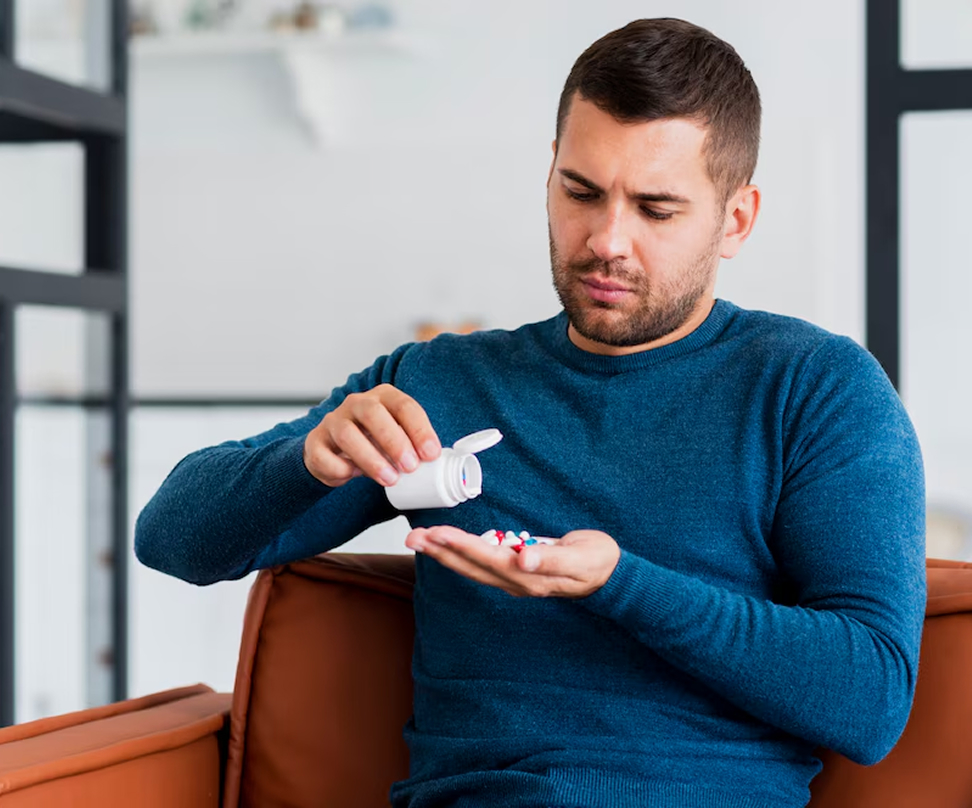Opiates & Opioids Addiction
Recovery Support That Begins with Understanding
It didn’t start as a problem. It started as pain—and now it’s time to heal with compassion.
At TruPaths, we understand that opioid addiction doesn’t begin with a needle or a street drug. For many, it starts in a doctor’s office. For others, it begins as a way to numb emotional trauma. Whether it’s prescription painkillers, heroin, fentanyl, kratom, or synthetic opioids, the result can be a devastating cycle of dependence, shame, and isolation.
This page isn’t here to scare you. It’s here to help you understand—and gently guide you toward recovery programs that treat opioid addiction with dignity, expertise, and care.








